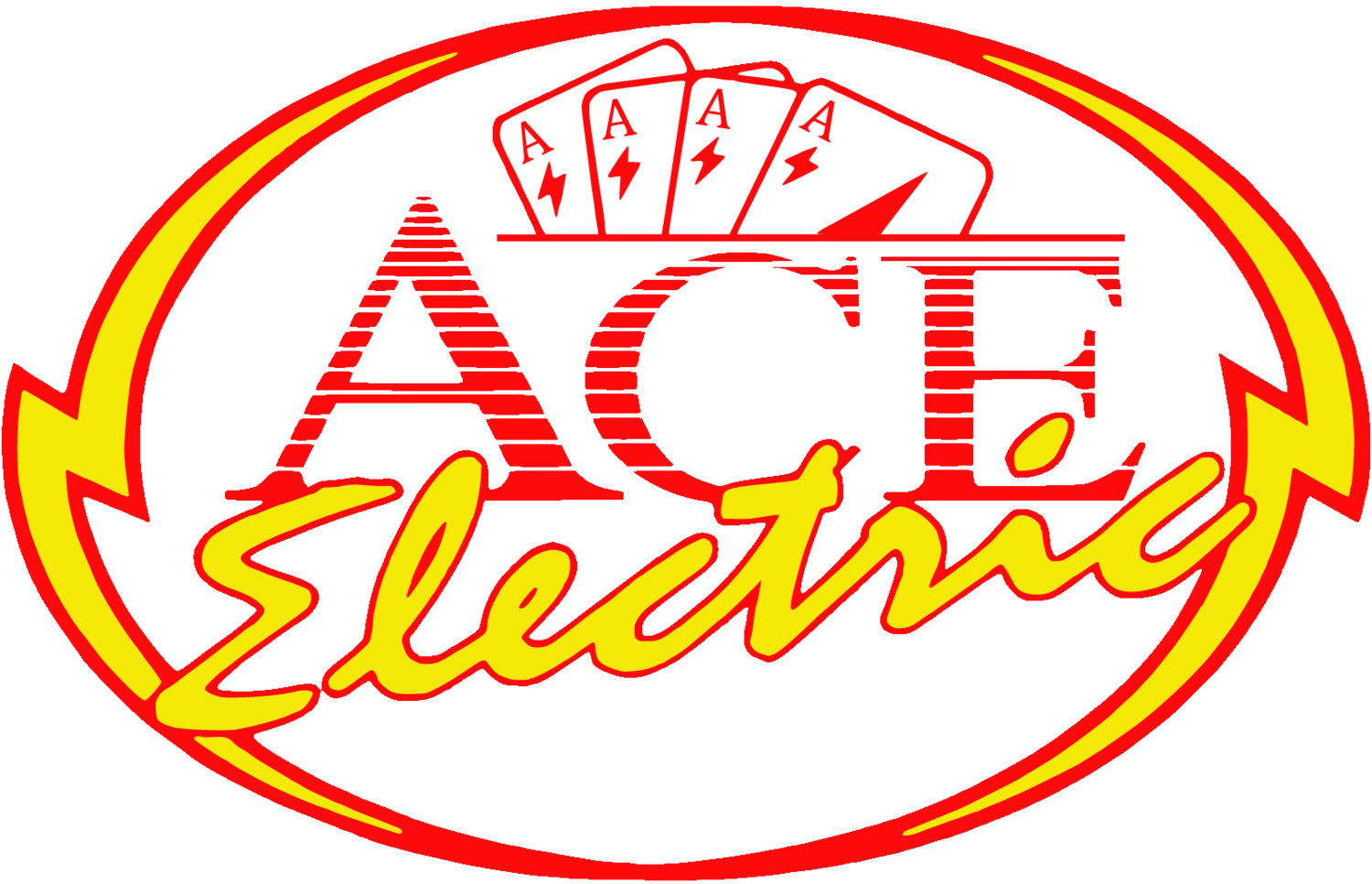About
Smoke detectors are essential safety devices for homes, as they can alert you to the presence of smoke and fire, giving you and your family valuable time to evacuate. While smoke detectors are required in all homes by law in many areas, it's important to understand the different types available and how to maintain them for optimal performance.
There are two main types of smoke detectors: ionization detectors and photoelectric detectors. Ionization detectors are more sensitive to fast-moving fires, such as those caused by flammable liquids or gases, while photoelectric detectors are more sensitive to smoky, slow-burning fires, such as those caused by cooking or electrical malfunctions.
It's also important to regularly maintain your smoke detectors by cleaning them, testing the batteries, and replacing them every 10 years. A good practice is to replace the batteries when you change your clocks for daylight savings time. If a smoke detector sounds a low-battery alarm, replace the battery as soon as possible. If a smoke detector chirps frequently, it may indicate a problem with the detector and should be replaced by a licensed electrician.
Ace Electric, Inc. supplies smoke detectors with ionization sensing technology with built-in 10-year battery backup. With a built-in battery backup, our customers can rest easy knowing there won’t be chirping in the middle of the night to replace a battery.
What are the requirements?
Smoke alarms are governed by the NFPA and have the following requirements:
Location: Smoke detectors must be installed in
A. In every sleeping room
B. Outside each separate sleeping area in the immediate vicinity of the bedrooms (hallways)
C. On each additional story of the dwelling.Interconnections: Smoke detectors must be interconnected in such a manner that the actuation of one alarm will activate all of the alarms in the individual unit.
Power Source: Smoke detectors must receive their primary power from the building wiring. When the primary power is interrupted, the smoke detectors must receive power from a battery. Battery only smoke detectors do not meet code requirements.
